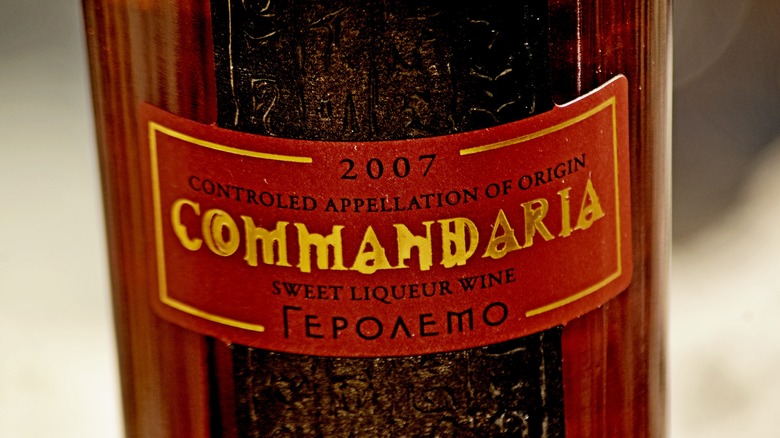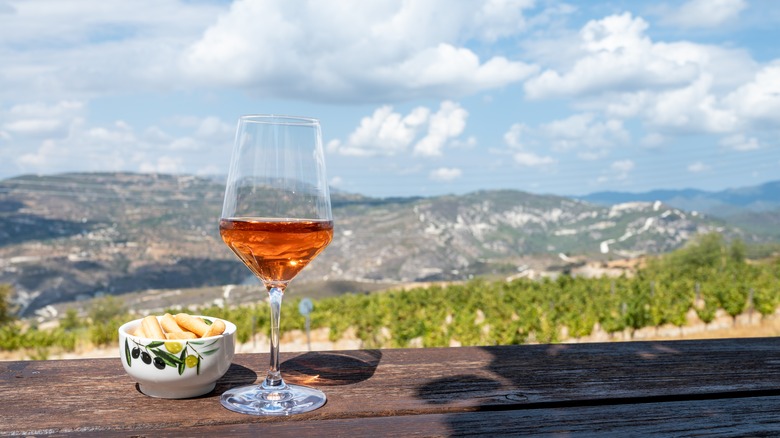Commandaria: The World's Oldest Dessert Wine
Nothing can ease the stress of a long workday like a tall glass of wine. Whether you prefer red, white, dry, or sweet, wine soothes anxiety, complements a healthy dinner, and even boasts some health benefits when consumed in moderation.
Wine is an incredibly complex and versatile beverage — each wine type has its own distinct flavor profile, texture, and ideal food pairing. Red wine goes well with cheese and chocolate while white wine pairs best with seafood and chicken. There are even sweet-tasting wines designed solely for dessert.
Among the many wines available to enjoy as a post-dinner aperitif, Commandaria is an award-winning dessert wine worth trying at least once. However, we don't mean award-winning in the typical sense. Although it's delicious, it's not its sugary aroma and distinct amber hue that categorizes Commandaria as an award-winning wine.
Instead, Commandaria holds the record for the world's oldest manufactured wine. Now that's an award worth bragging about.
Commandaria has been around for thousands of years
The Guinness Book of World Records states that Commandaria traces as far back as 2000 BC. Named after a region in the Mediterranean country of Cyprus, Commandaria was once called "The Apostle of wines" by King Phillipe of France.
This historic wine emerged during The Crusades — a series of bloody religious wars that endured for hundreds of years. Commandaria was enjoyed by knights and crusaders as a sweet escape from war and religious combat and it's even been said that the dessert wine won the first recorded wine contest in history.
Commandaria is made using both white and red grapes and boasts an oaky yet pointedly sweet flavor provided by hints of honey and fruit. It's also quite intoxicating with an ABV ranging between 15 and 20% – careful not to have too much of this ancient wine!
Commandaria is difficult to attain in America, but if you're looking for something similar for a dessert wine, try its sister wines of port or sherry for a similar experience ... minus the robust history, of course.

